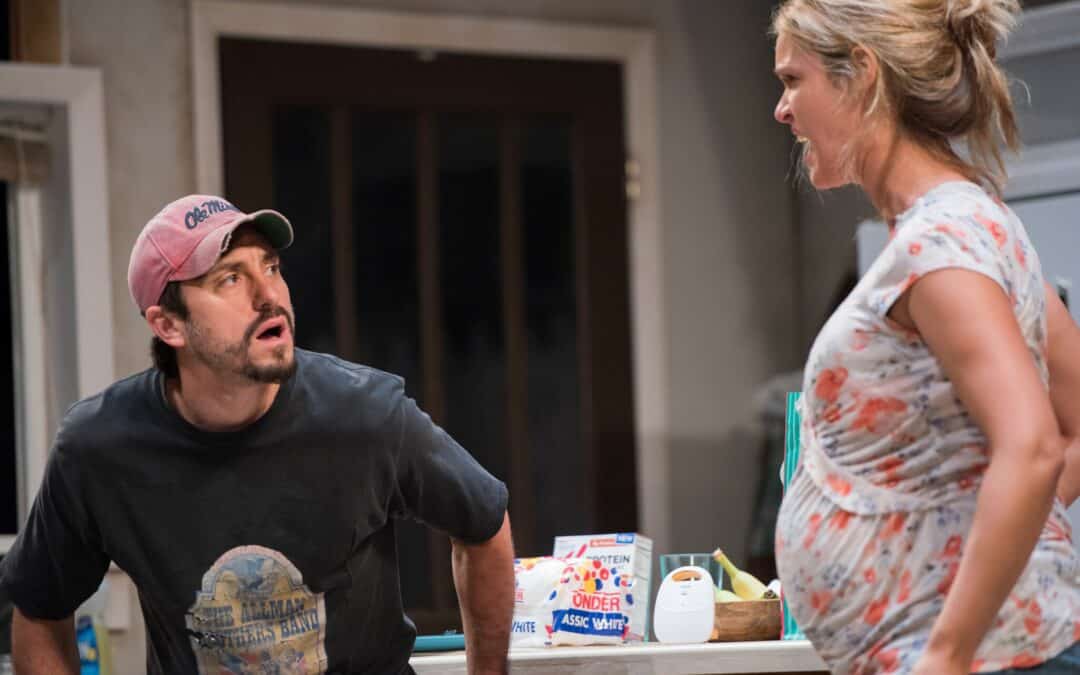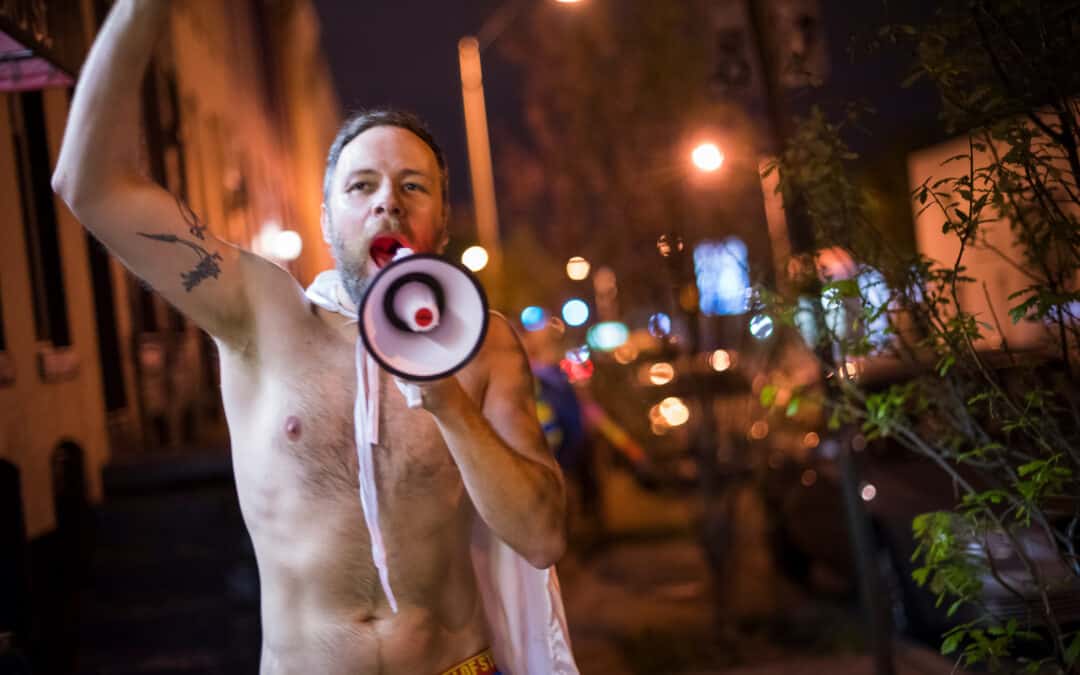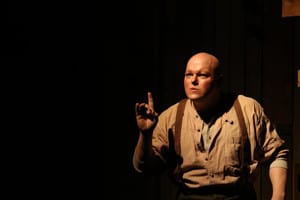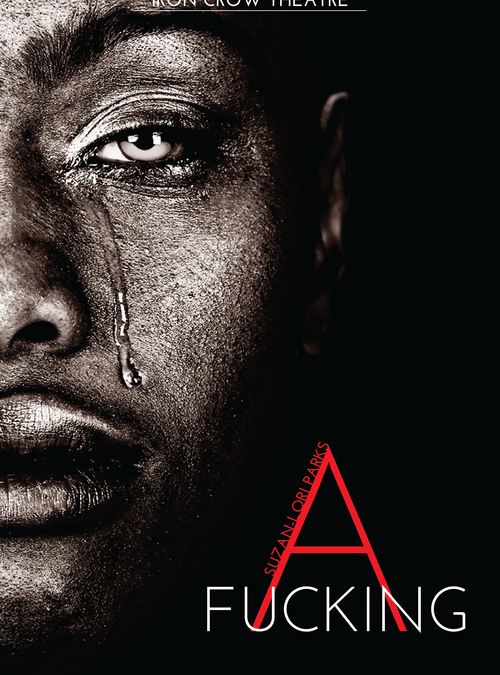
by Jack Gohn | Jul 18, 2017 | The Close Up, Theater Reviews and Commentary
A two-fisted drama of ideas, The Niceties may well leave you devastated, and will certainly send you out talking. Itwill keep you thinking and probably angry, regardless of where you come down on the issues very articulately debated in it.

by Jack Gohn | Jul 18, 2017 | The Close Up, Theater Reviews and Commentary
The virtue of Byhalia, Mississippi lies precisely in its modesty. It prescribes no rules, apart from loving one another and telling the truth, for getting through a marital and race-inflected social crisis in a small town; it simply shows how one not-overwhelmingly admirable couple does it. And at that, the true secret here may just be the jokes. Those, and the blackout line at the very end of the play, which just may bring a lump to the throat.

by Jack Gohn | Apr 24, 2017 | The Close Up, Theater Reviews and Commentary
The Therapist, embodied by Paul Diem, launched into a spirited evocation of the art of theater, which morphed into a vision of all life as a work of art. In that spirit, flags and funny hats were passed out to the congregation, as the Therapist stripped down to Superman skivvies and led the whole assemblage out onto Howard Street in a bacchanal, with a motorist honking in rhythm with the syncopation of Faith, and thence back to the theater.

by Jack Gohn | Mar 20, 2017 | The Close Up, Theater Reviews and Commentary
The play makes no scruple that the marriage is a term forced upon France as part of a surrender, in order to bring about a dynastic consolidation. Nonetheless, I have never before seen the courtship scenes at the end of Act V presented other than as romantic comedy. Not here. Here Katherine visibly regards Henry with visceral distaste, is struggling not to be kissed by him, and the whole thing comes across as the prelude to a rape. (All without changing a line that I could determine.) Henry would be blind not to see how she feels about him, and his proceeding with a sunny demeanor and lines about his love for her, as he does, can only result from a profound lack of interest in her feelings. By now we recognize him as willing to do almost anything in pursuit of his own and his country’s interests, and not a nice guy.

by Jack Gohn | Feb 10, 2017 | The Close Up, Theater Reviews and Commentary
Abortionist Hester has been required by the State to wear, publicly displayed on her breast, a brand of an A, which, it is explained, is both stigmatizing and a license to practice her profession. (Resemblances to a certain Nathaniel Hawthorne protagonist also named Hester are purely intentional.) Hester and her best friend, the self-characterized whore Canary Mary, struggle though their lives trapped between their poverty and their dreams — Hester’s to be reunited with her imprisoned son Boy, Mary’s to wrest the Mayor from his loveless marriage to The First Lady and marry him herself. The society in which they live has no plans to fulfill either dream. Like Brecht’s Mother Courage, however, Hester and Mary keep on surviving and keep on pursuing their dreams because they have no alternatives.

by Jack Gohn | Dec 8, 2016 | The Close Up, Theater Reviews and Commentary
Being a piece designed for an obvious seasonal window only, A Christmas Story is a bit like the town of Brigadoon, coming to life only during that window. That mayfly (all right, December fly) existence may be an asset. In a lyric from the show, “The moments come, the moments go, and just like that, the moment’s gone.” The verse is sung by Mother about the preciousness of holidays, but also about the preciousness of her boys’ fleeting childhoods, and that of the family’s moments together. Many of the best things gain their best quality from their transitory nature. This show may also prove the point.







 I lived in London and Vienna before coming to the United States, and grew up mainly in Ann Arbor. I was writing plays and stories as early as grade school. My undergraduate years at the University of Pennsylvania, where I first reviewed theater, for the college paper, were succeeded by graduate study at the Johns Hopkins University, where I earned a doctorate in English Literature.
I lived in London and Vienna before coming to the United States, and grew up mainly in Ann Arbor. I was writing plays and stories as early as grade school. My undergraduate years at the University of Pennsylvania, where I first reviewed theater, for the college paper, were succeeded by graduate study at the Johns Hopkins University, where I earned a doctorate in English Literature.